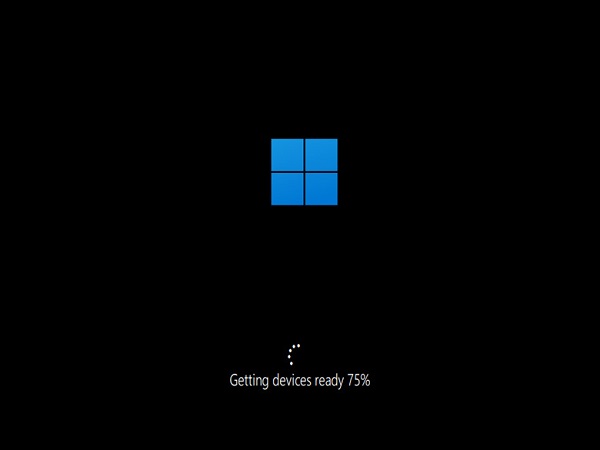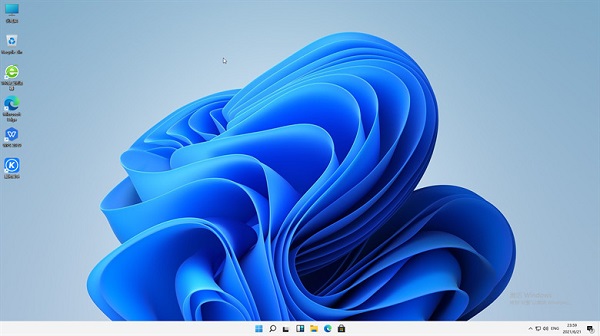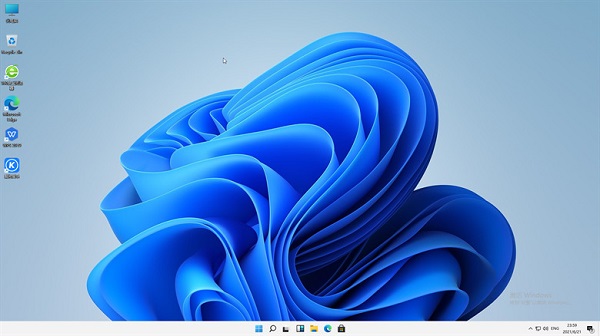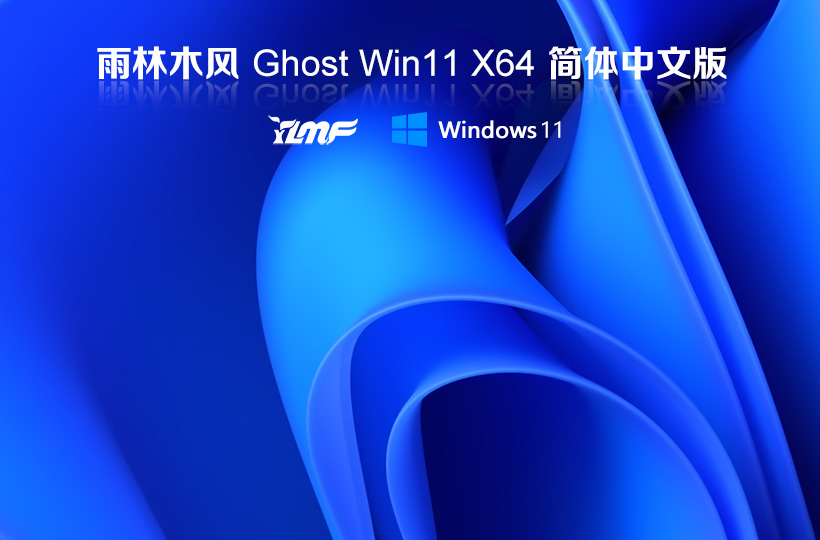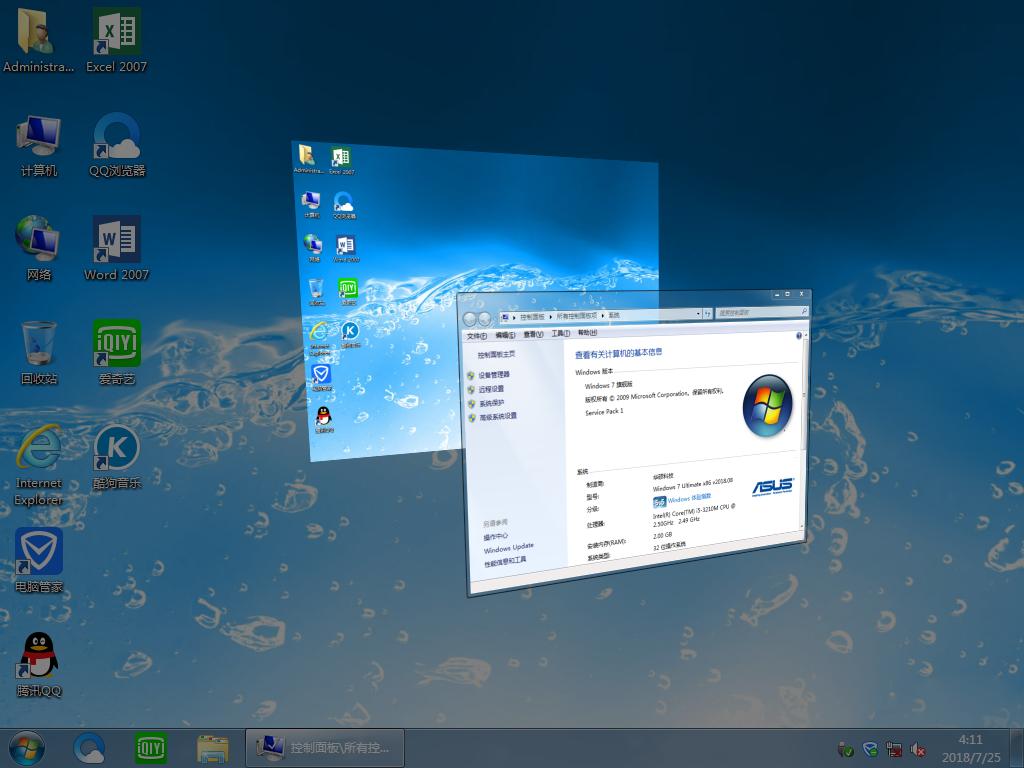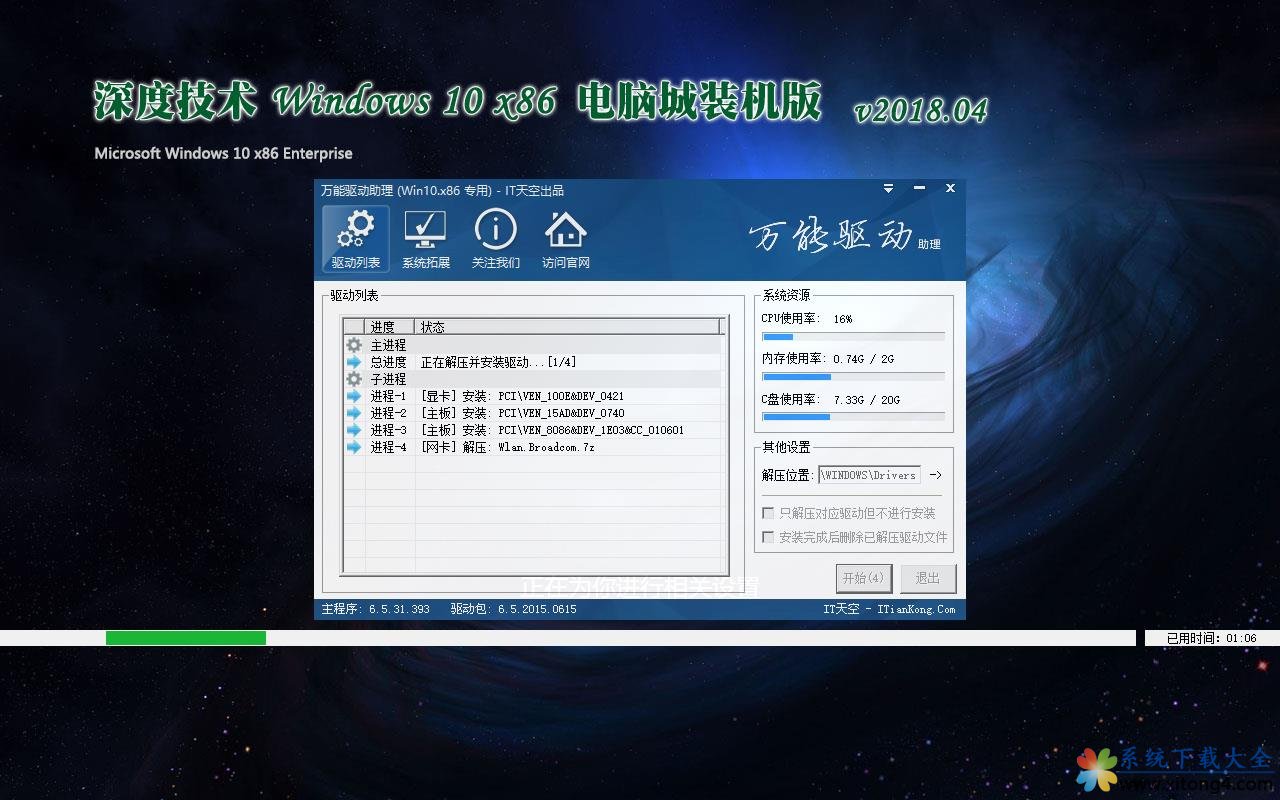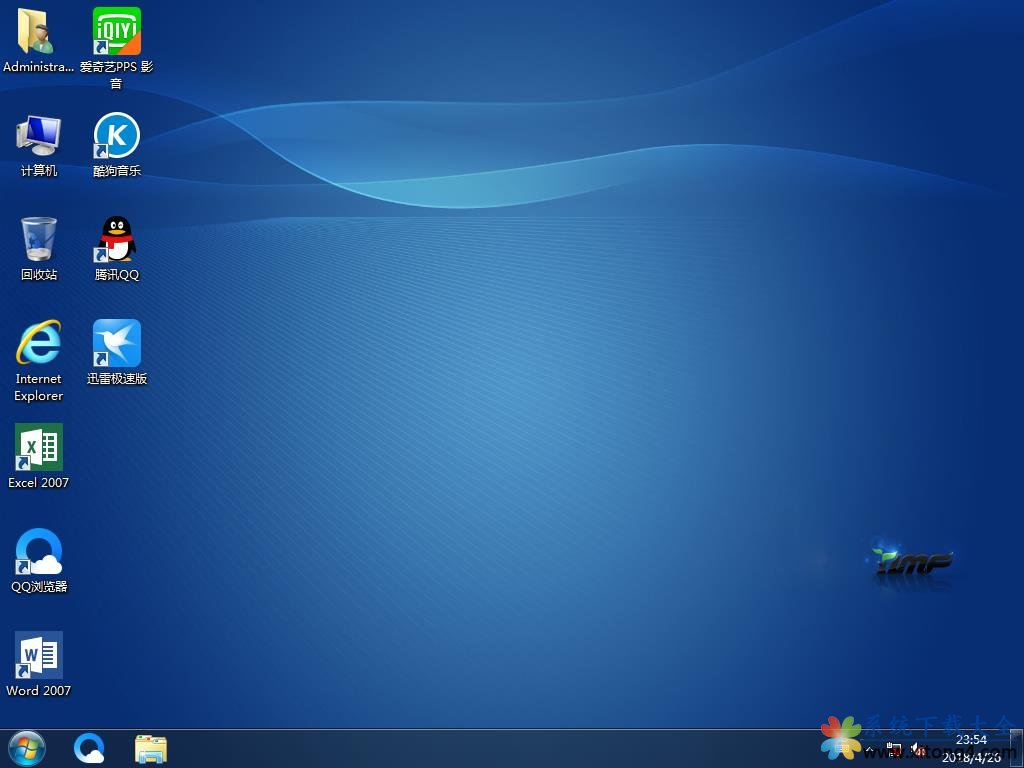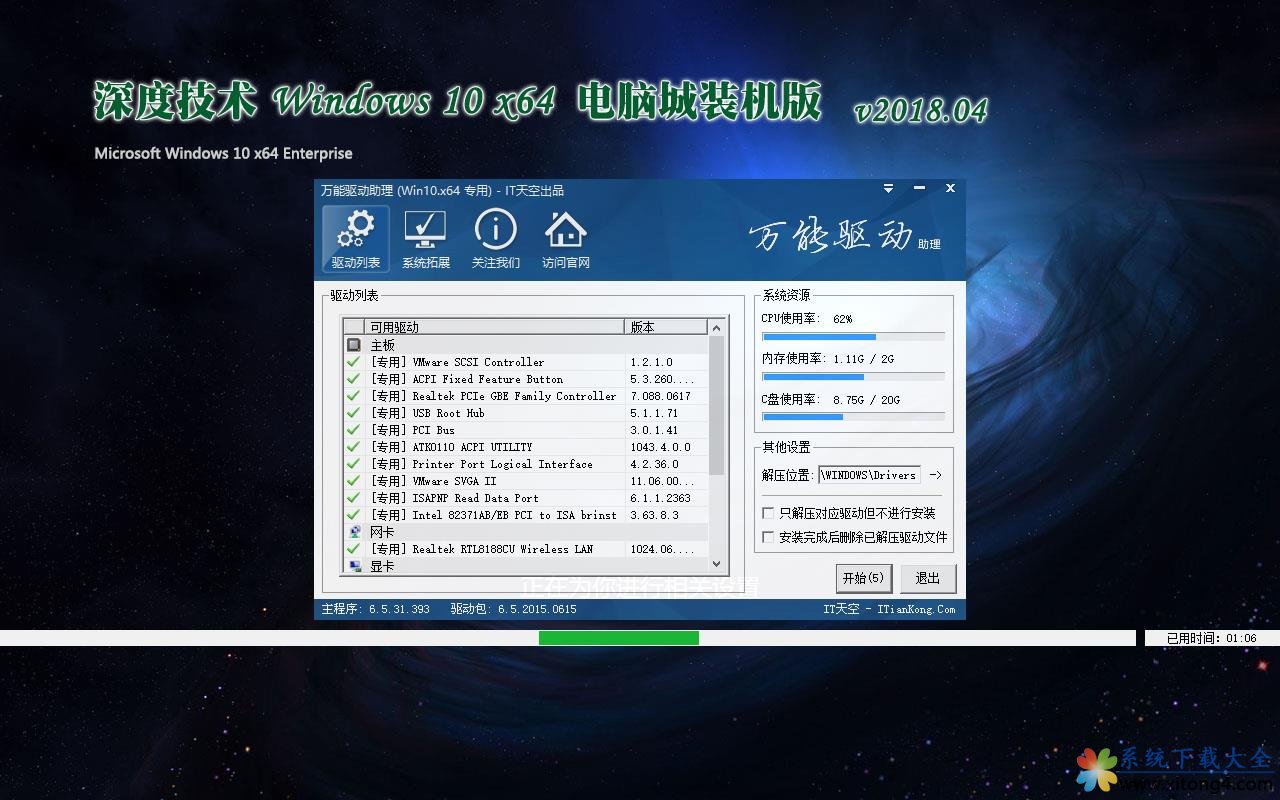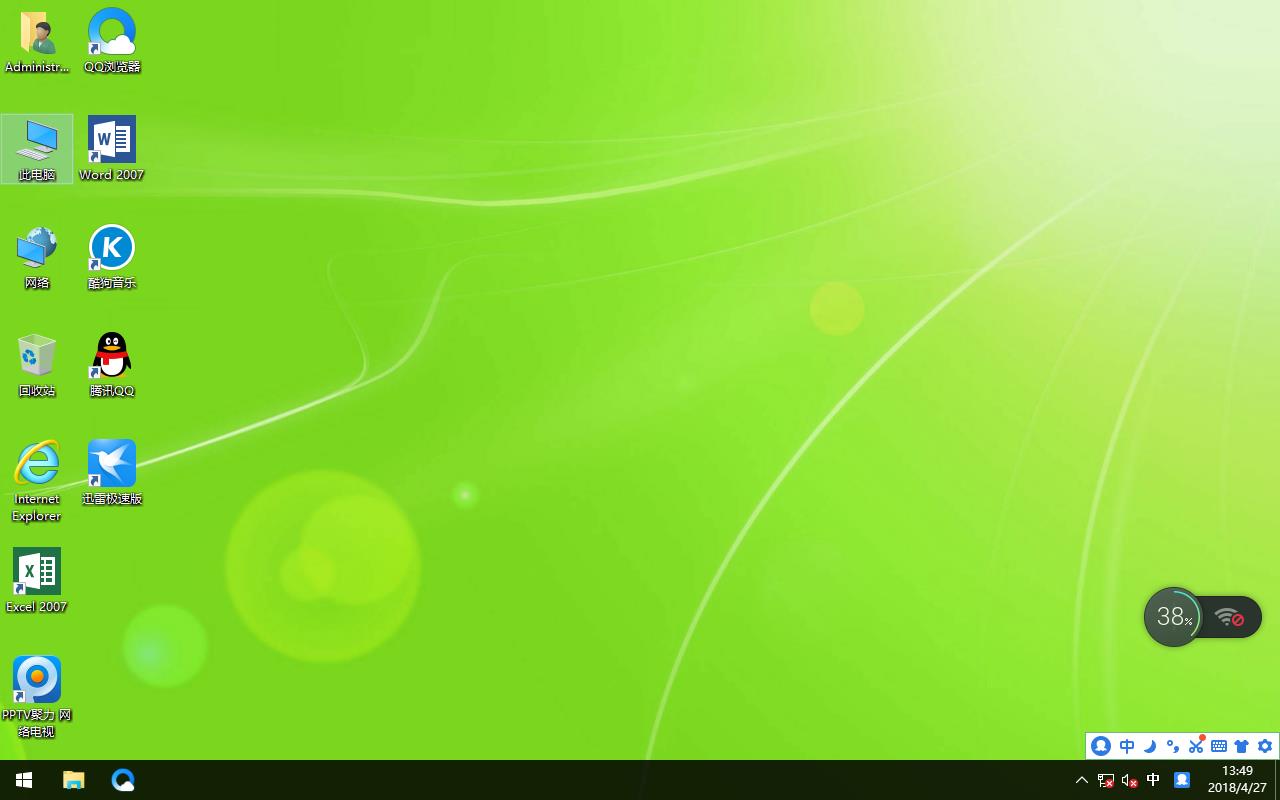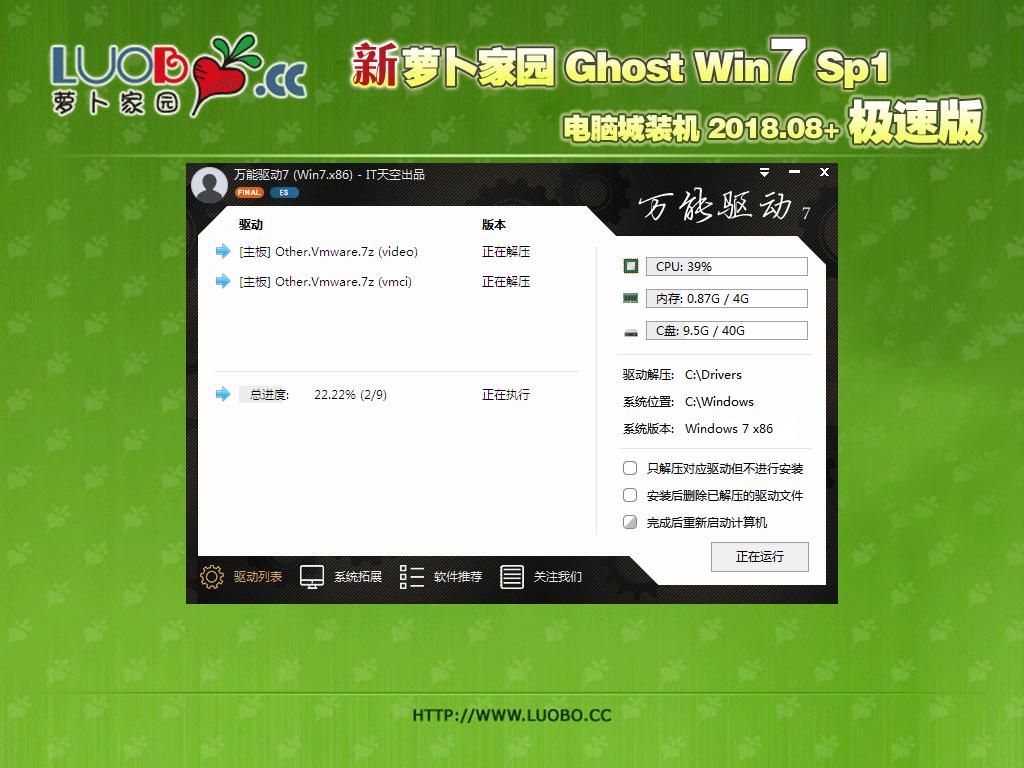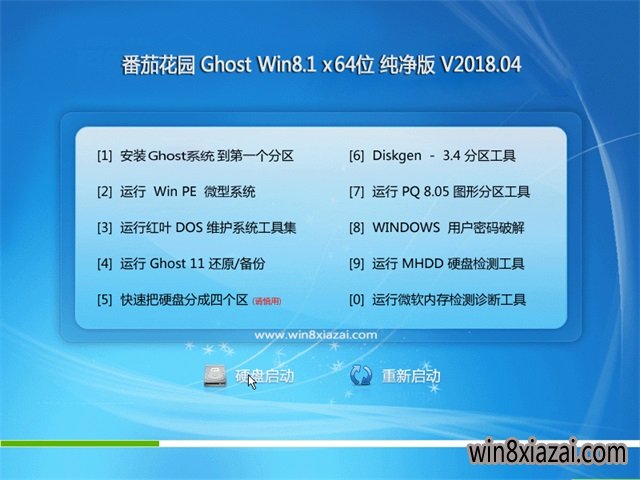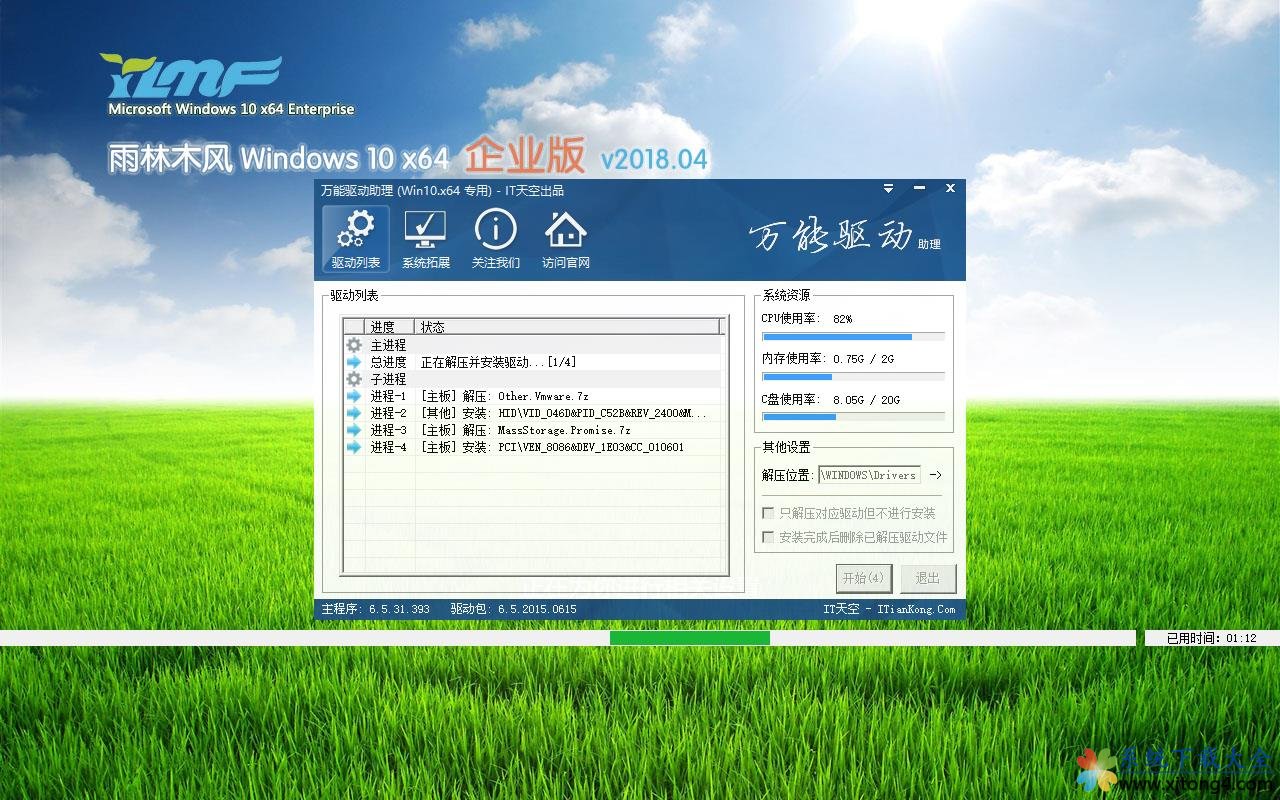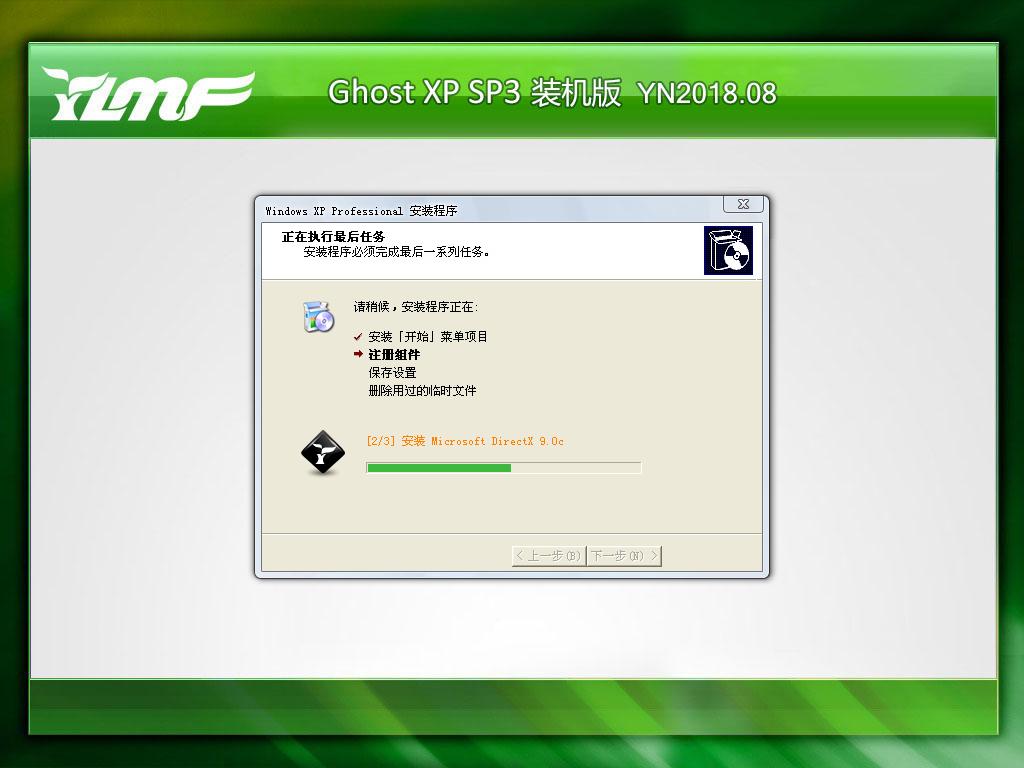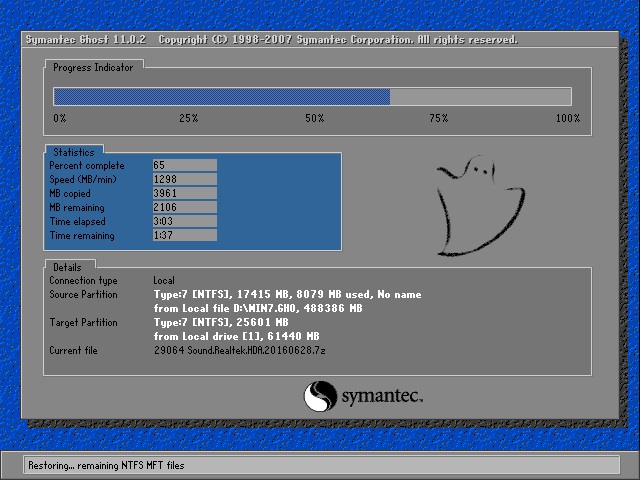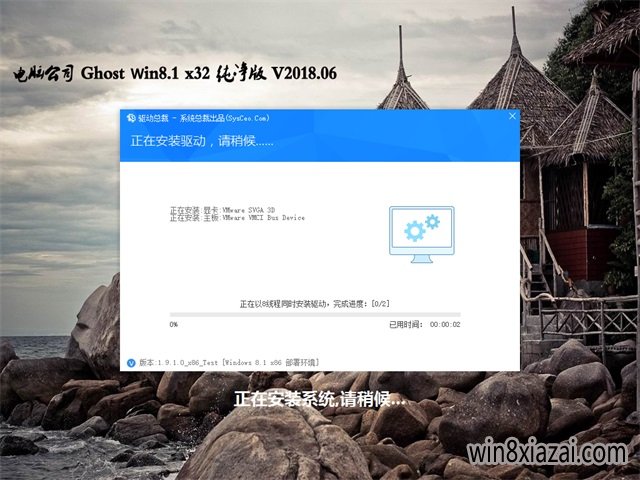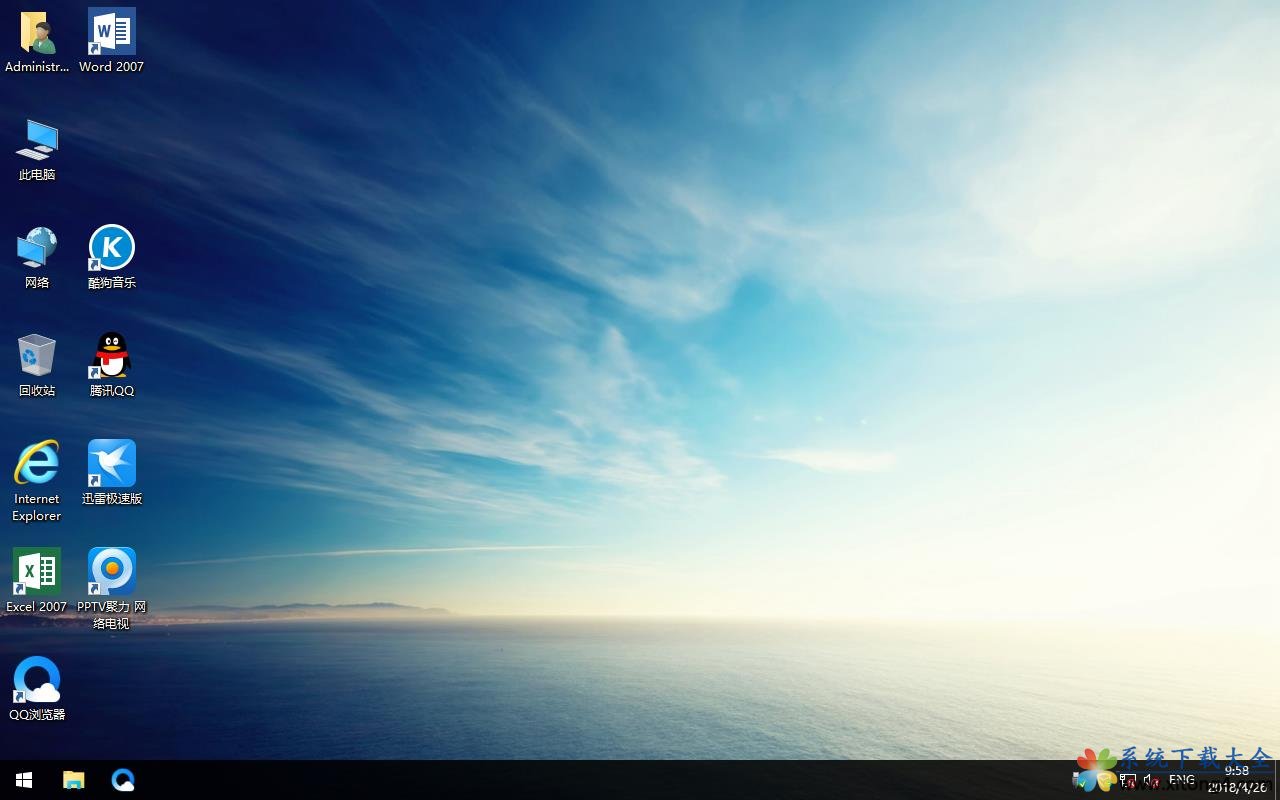Solaris9系统上安装Oracle10g RAC
1.Oracle官方文档中(下文中的doc 2,doc 3),有多处错误。最新的 Release Notes (August 2006)
更正了一些,但还有不少未得到更正。
2.文中的三个脚本,在使用之前请仔阅读。如不当使用导致损坏与本文作者无关。
3.本文所用的步骤尽可能依照Oracle的官方文档。但有一处“Configuring UDP parameters” 不得不改用其他
,因为Oracle官方文档中讲的不起作用。
Part1 Do the Pre-installation Tasks
This is a guide for installing Oracle 10g RAC with Oracle clusterware on Solaris9 SPARC 64-Bit
Enterprise Edition.
Followed intrusions in these doc:
1. Oracle Database Release Notes
10g Release 2 (10.2) for Solaris Operating System (SPARC 64-Bit) Part Number B15689-03
2. Oracle Clusterware and Oracle Real Application Clusters Installation Guide
10g Release 2 (10.2) for Solaris Operating System Part Number B14205-06
3. Oracle Database Installation Guide
10g Release 2 (10.2) for Solaris Operating System (SPARC 64-Bit) Part Number B15690-02
The Hardware:
Two Ultra-2 Enterprise servers. cpu:300MHz x 2, memory:1024mb. storage:Sun A1010 disk array
A Sun fiber channel host adapter(X1057A) is installed on each node to connect to the A1010
with a fiber cable. A Sun multi-pack is connected to one of the Ultra-2 servers.
A 10BT network card is installed on each node for the private network.
A crossover network cable connects the two 10BT network cards.
(Oracle10 does not support the crossover network cable, according to doc 2)
A SBUS Frame Buffer (X359A) is installed on both nodes.
Because the hardware is barely meet the requirement, it is only good for testing.
The OS:
Install Solaris9 4/04(64-Bit) on both nodes, and install the latest patch cluster.
Configure Tcpwrappers and NTP the two nodes. Solaris9 includes these two packages.
Install openssh-4.3p2-sol9-sparc-local on the two nodes.
Secure and harden the systems by following some procedures in the doc
SANS Solaris Security Step by Step Version 2.0:
The Media for Installation:
Oracle Database 10g Release2 10.2.0.1.0 for Solaris SPARC 64-bit Enterprise Edition
If possible, download 10.2.0.2 and up, so you will install less patches afterwards.
I have to copy the two DVDs to local hard disks, since the Ultra-2 does not have a DVD drive.
You might want to configure a NFS server on node1 and an auto client on node2,
so you can run the Cluster Verification Utility on node2 as well.
The steps of the installation/configuration:
1. Do the pre-installation tasks
2. Install Oracle clusterweare
3. Test/verify the clusterware
4. Install Oracle Database software only with RAC.
5. Configure ASM and make sure it is running on both nodes.
6. Create a RAC database with DBCA.
Disk & shared storage configuration:
----------------------------------------------------------------------------------------------------------
packages required real type mount point partition
----------------------------------------------------------------------------------------------------------
DB software 4GB 4GB UFS /u01/app/oracle c0t1d0s0 (not shared)
DB datafiles 1.2GB 12GB ASM c3t0d2s7,c3t1d2s7,c3t3d2s7
OCR 100MB 128MB raw c3t0d4s6,c3t2d4s6,c3t4d4s6
Voting disk 20MB 32MB raw c3t0d4s7,c3t2d4s7,c3t4d4s7
swap 400MB 1GB c0t0d0s1
----------------------------------------------------------------------------------------------------------
The clusterware will be installed in it's own home directory on node1.
The redundancy level of OCR and voting disk will be "normal".
Because this is for testing only, no space allocated for flash recovery and log archiving.
Pre-Installation Tasks
A.
Network configuration
This part is done manually. Here is the files on node1 as an example:
/etc/hosts
127.0.0.1 localhost
# node1
192.168.1.64 rac1 rac1.abc.com loghost
10.10.10.1 rac1-priv rac1-priv.abc.com
192.168.1.69 rac1-vip rac1-vip.abc.com
# node2
192.168.1.77 rac2 rac2.abc.com
10.10.10.2 rac2-priv rac2-priv.abc.com
192.168.1.76 rac2-vip rac2-vip.abc.com
/etc/inet/netmasks
192.168.0.0 255.255.255.0
10.10.10.0 255.255.255.0
/etc/hostname.hme0
rac1
/etc/hostname.le0
10.10.10.1
/etc/defaultrouter
192.168.1.1
/etc/hosts.allow
ALL: 192.168.1. 127.0.0.1 10.
Run these commands to bring up the network interface le0 and test it.
# chown root:root /etc/hostname.le0
# ifconfig le0 plumb
# ifconfig le0 10.10.10.1 netmask 255.255.255.0 up
# ifconfig -a
lo0: flags=1000849
inet 127.0.0.1 netmask ff000000
hme0: flags=1000843
inet 192.168.1.64 netmask ffffff00 broadcast 192.168.1.255
ether 8:0:20:82:47:d4
le0: flags=1000843
inet 10.10.10.1 netmask ffffff00 broadcast 10.10.10.255
ether 8:0:20:82:47:d4
#
To check the network setup, run the CVU now or run it after all tasks is done.
The command is:
/ora10.dvd2/clusterware/cluvfy/runcluvfy.sh comp nodecon -n rac1,rac2 -verbose
B.
Other pre-installation tasks except Configuring SSH
A shell script is created for doing most of the tasks: pre.install.ora10.conf.sh
The script will do the pre-installation tasks of the clusterware and most of the
pre-installation tasks of the Oracle database. It is only to run on a new installation
of a Solaris 9 system. Run this script on both nodes as root.
pre.install.ora10.conf.sh
------------------------------------------------------------
#!/bin/sh
# Pre-installation conf. on Solaris9 for installing Oracle 10g R2 with RAC.
# Written by 072406
sc_name=pre.install.ora10.conf.sh
ORACLE_BASE=/u01/app/oracle; export ORACLE_BASE
CRS_BASE=/u01/crs/oracle/product/10; export CRS_BASE
ORACLE_HOME=${CRS_BASE}/app; export ORACLE_HOME
PATH=$PATH:/usr/ccs/bin:/usr/local/bin; export PATH
echo ===============================================================
echo $sc_name started at `date`.
echo " "
echo " "
echo "=============================================="
echo "Creating Required Operating System Groups and Users"
echo " "
echo "Creating groups: dba, osdba, and oinstall."
groupadd -g 201 dba
groupadd -g 202 oinstall
groupadd -g 203 osdba
echo "Check them with the command: grep 20 /etc/group"
grep 20 /etc/group
echo " "
echo "Check if \"nobody\" exists on the system with: id nobody"
echo ""
id -a nobody
echo " "
echo "Creating the directory \"ORACLE_BASE\", which is set to $ORACLE_BASE"
mkdir -p $ORACLE_BASE
echo "Check it with the command: ls -l /u01/app "
echo ""
ls -l /u01/app
echo " "
echo "Creating a user account \"oracle\" and set the password of it:"
useradd -u 1005 -g 202 -G 201,203 -d $ORACLE_BASE -m -s /bin/ksh oracle
echo "Check the line in /etc/passwd with: grep oracle /etc/passwd"
grep oracle /etc/passwd
echo "Set the password of account oracle:"
passwd -r files oracle
chown -R oracle
chmod -R 775 $ORACLE_BASE
echo " "
echo "Check if the oracle account has required groups with: id -a oracle "
echo " "
id -a oracle
echo " "
echo " "
echo "=============================================="
echo "Configuring Kernel Parameters"
echo " "
echo "Save a copy of /etc/system and append eleven lines to it."
echo "Need to reboot the system so the new parameters can take effect."
cp -p /etc/system /etc/system.orig
chmod 644 /etc/system
/bin/cat<< EOF >>/etc/system
set noexec_user_stack=1
set semsys:seminfo_semmni=100
set semsys:seminfo_semmns=1024
set semsys:seminfo_semmsl=256
set semsys:seminfo_semvmx=32767
set shmsys:shminfo_shmmax=4294967295
set shmsys:shminfo_shmmin=1
set shmsys:shminfo_shmmni=100
set shmsys:shminfo_shmseg=10
EOF
echo " "
echo "Check /etc/system with the command: tail -11 /etc/system"
tail -11 /etc/system
echo " "
echo " "
echo "=============================================="
echo "Identifying Required Software Directories"
echo "ORACLE_BASE is set to $ORACLE_BASE, and the size of it should be 3GB or bigger."
echo "Check it with the command: $ df -h $ORACLE_BASE"
echo " "
mount /dev/dsk/c0t1d0s0 $ORACLE_BASE
df -h $ORACLE_BASE
echo " "
echo " "
echo "=============================================="
echo "Configuring the Oracle User's Environment"
/bin/cat<< EOF >${ORACLE_BASE}/.profile
if [ -t 0 ]; then
stty intr ^C
fi
umask 022
ORACLE_BASE=/u01/app/oracle; export ORACLE_BASE
# for crs
CRS_BASE=/u01/crs/oracle/product/10; export CRS_BASE
ORACLE_HOME=${CRS_BASE}/app; export ORACLE_HOME
PATH=$PATH:/usr/local/bin:.:/bin:/usr/sbin:/usr/ucb; export PATH
# end of crs
# for oraDB
#ORACLE_SID=rac1; export ORACLE_SID
# end of oraDB
EDITOR=vi; export EDITOR
EXINIT='set nu showmode'; export EXINIT
EOF
chown -R oracle
echo " "
echo " "
echo "=============================================="
echo "Configuring oracle clusterware home directory, which is set to"
echo " ${CRS_BASE}/crs "
mkdir -p ${CRS_BASE}/crs
chown -R root
chmod -R 775 /u01/crs/oracle
echo " "
ls -l $CRS_BASE
echo ""
echo "=============================================="
echo "Configuring UDP parameters by creating a S70ndd and put it under"
echo "/etc/rc2.d to set the two values of ndd to 65536."
echo " "
/bin/cat<< EOF >/etc/rc2.d/S70ndd
#!/sbin/sh
PATH=/usr/sbin;export PATH
ndd -set /dev/udp udp_recv_hiwat 65536
ndd -set /dev/udp udp_xmit_hiwat 65536
exit 0
EOF
chown root:sys /etc/rc2.d/S70ndd
chmod 755 /etc/rc2.d/S70ndd
echo "Check the S70ndd with \"ls -l S70ndd\" and \"cat S70ndd\" "
echo " "
ls -l /etc/rc2.d/S70ndd
echo " "
cat /etc/rc2.d/S70ndd
echo " "
echo "=============================================="
echo "Verify that the /etc/hosts file is used for name resolution"
echo "with the command: grep hosts: /etc/nsswitch.conf | grep files "
echo " "
grep hosts: /etc/nsswitch.conf | grep files
echo ""
echo "=============================================="
echo "Verify that the host name has been set with: hostname"
echo " "
hostname
echo ""
echo "=============================================="
echo "Verify that the domain name has NOT been set with: domainname"
echo " "
domainname
echo ""
echo "=============================================="
echo "Verify that the hosts file contains the fully qualified host name"
echo "with the command: grep `eval hostname` /etc/hosts "
echo " "
grep `eval hostname` /etc/hosts
echo " "
echo "The pre-installation configuring tasks is done on this node."
echo "Reboot the system so the new parameters can take effect."
echo " "
echo $sc_name ended at `date`.
echo ===============================================================
------------------------------------------------------------
Check the current values of Kernel Parameters after rebooted the system.
Login as user oracle, and then run the commands on all nodes:
/usr/sbin/sysdef | grep SEM
/usr/sbin/sysdef | grep SHM
Check the env variables of oracle account for installing the Clusterware:
$ env | grep ORACLE
ORACLE_BASE=/u01/app/oracle
ORACLE_HOME=/u01/crs/oracle/product/10/crs
$
C.
Configuring SSH on All Cluster Nodes
The ssh of Solaris9 is a Sun_SSH_1.1, which has a bug. Here is the discussion about it:
The instructions of configuring SSH in doc 2 is based on OpenSSH V.3.x. The doc 2 also
points out that Oracle NetCA and DBCA require scp and ssh to be located in the path
/usr/local/bin. For these reasons, I choose to install openssh-4.3p2-sol9-sparc-local
on the two nodes. Also need to set the value of "StrictModes" to "no" in
/usr/local/etc/sshd_config, or the ssh will prompt for a pasword even all configuration
tasks of shh has done.
Two scripts are created for configuring ssh. Here is the instruction on how to run them:
1. Put ssh.conf1.ksh under the home directory of user oracle on all nodes.
2. Run ssh.conf1.ksh on node1.
3. Make changes of ssh.conf1.ksh on node2 and then run it.
4. Run ssh.conf2.ksh on node1.
5. Run command on all nodes: chmod 600 .ssh/authorized_keys
6. Test the configuration on all nodes. The command is: ssh node1 [node2] date
ssh.conf1.ksh
------------------------------------------------------------
#!/bin/ksh
# Run this script as user oracle on node1, and then on node2.
# Make sure the package ssh is installed under /usr/local.
# Written by 071906
# Put the hostname of the two nodes below
node1=rac1
node2=rac2
sc_name=ssh.conf1.ksh
home_dir=/u01/app/oracle
key_dir=${home_dir}/.ssh
ssh_base=/usr/local/bin
echo ================================================================
echo $sc_name started at `date`.
echo " "
echo "You need to run this script on $node1 and $node2."
echo "Make changes on this script before you run it on $node2."
echo " "
/bin/rm -r $key_dir
/bin/mkdir $key_dir
/bin/chmod 700 $key_dir
${ssh_base}/ssh-keygen -t rsa
echo " "
${ssh_base}/ssh-keygen -t dsa
/bin/touch ${key_dir}/authorized_keys
echo " "
echo "Now save the keys into the file authorized_keys."
echo " "
## comment out the lines when you run it on node2.
${ssh_base}/ssh $node1 cat ${key_dir}/id_rsa.pub >>${key_dir}/authorized_keys
${ssh_base}/ssh $node1 cat ${key_dir}/id_dsa.pub >>${key_dir}/authorized_keys
## end of the lines
## uncomment the lines below when you run it on node2.
#${ssh_base}/ssh $node2 cat ${key_dir}/id_rsa.pub >>${key_dir}/authorized_keys
#${ssh_base}/ssh $node2 cat ${key_dir}/id_dsa.pub >>${key_dir}/authorized_keys
#${ssh_base}/ssh $node1 cat ${key_dir}/id_rsa.pub >>${key_dir}/authorized_keys
#${ssh_base}/ssh $node1 cat ${key_dir}/id_dsa.pub >>${key_dir}/authorized_keys
#${ssh_base}/scp ${key_dir}/authorized_keys ${node1}
## end of the lines
echo " "
echo "It is done."
echo " "
echo $sc_name ended at `date`.
echo ==============================================================
ssh.conf2.ksh
------------------------------------------------------------
#!/bin/ksh
# Run this script after you have run ssh.conf1.ksh on both nodes.
# Run this script as user oracle on node1 only.
# Written by 071906
# Put the hostname of the two nodes below
node1=rac1
node2=rac2
sc_name=ssh.conf2.ksh
home_dir=/u01/app/oracle
key_dir=${home_dir}/.ssh
ssh_base=/usr/local/bin
echo ===========================================================
echo $sc_name started at `date`.
echo " "
echo "You only need to run this script on $node1."
echo " "
${ssh_base}/ssh $node2 cat ${key_dir}/id_rsa.pub >>${key_dir}/authorized_keys
${ssh_base}/ssh $node2 cat ${key_dir}/id_dsa.pub >>${key_dir}/authorized_keys
${ssh_base}/scp ${key_dir}/authorized_keys ${node2}
echo " "
echo "You need to run command \"/bin/chmod 600 ${key_dir}/authorized_keys\" "
echo "on all nodes and then test the ssh configuration with command "
echo " \"ssh node1 [node2] date \" "
echo " "
echo $sc_name ended at `date`.
echo ============================================================
echo " "
exec ${ssh_base}/ssh-agent $SHELL
${ssh_base}/ssh-add
## The command "exec ${ssh_base}/ssh-agent $SHELL" will spawn a sub-shell.
## and the rest of your login session will runs within this subshell.
## end of ssh.conf2.ksh
---------------------------------------------------------------
D.
Configuring clusterware and database storage (ASM installation)
After installed the host adapter(X1057A) on both nodes, run command "format" on them
to make sure the shared disks have the same controller number on both nodes.
Format the disks on node1. For disks used by ASM, create a single whole-disk slice,
starting at cylinder 1, or the ASM will NOT recognize these disks as ASM candidates.
# format
...
selecting c3t0d2
[disk formatted]
format>
...
Free Hog partition[6]? 7
Enter size of partition '0' [0b, 0c, 0.00mb, 0.00gb]: 1c
Enter size of partition '1' [0b, 0c, 0.00mb, 0.00gb]: 0
Enter size of partition '3' [0b, 0c, 0.00mb, 0.00gb]: 0
Enter size of partition '4' [0b, 0c, 0.00mb, 0.00gb]: 0
Enter size of partition '5' [0b, 0c, 0.00mb, 0.00gb]: 0
Enter size of partition '6' [0b, 0c, 0.00mb, 0.00gb]: 0
partition>p
Current partition table (sun4g):
Total disk cylinders available: 3880 + 2 (reserved cylinders)
Part Tag Flag Cylinders Size Blocks
0 unassigned wm 0 - 0 1.05MB (1/0/0) 2160
1 unassigned wu 0 0 (0/0/0) 0
2 backup wu 0 - 3879 4.00GB (3880/0/0) 8380800
3 unassigned wu 0 0 (0/0/0) 0
4 unassigned wu 0 0 (0/0/0) 0
5 unassigned wu 0 0 (0/0/0) 0
6 unassigned wm 0 0 (0/0/0) 0
7 unassigned wu 1 - 3879 4.00GB (3879/0/0) 8378640
partition>
Okay to make this the current partition table[yes]? yes
...
#
Copy the partition table from c3t0d2 to other disks.
# for disks in c3t1d2s0 c3t3d2s0
>do
> prtvtoc /dev/rdsk/c3t0d2s0 | fmthard -s - /dev/rdsk/$disks
>done
fmthard: New volume table of contents now in place.
fmthard: New volume table of contents now in place.
#
Format the disks for OCR and voting disks. It is a good idea to put them on sloce 3-7.
The slice 0 is not a good candidate.
# format
...
selecting c3t0d4
[disk formatted]
...
partition>p
Current partition table (sun2g):
Total disk cylinders available: 2733 + 2 (reserved cylinders)
Part Tag Flag Cylinders Size Blocks
0 unassigned wm 0 - 2515 1.82GB (2516/0/0) 3824320
1 unassigned wu 0 0 (0/0/0) 0
2 backup wu 0 - 2732 1.98GB (2733/0/0) 4154160
3 unassigned wu 0 0 (0/0/0) 0
4 unassigned wu 0 0 (0/0/0) 0
5 unassigned wu 0 0 (0/0/0) 0
6 unassigned wm 2516 - 2688 128.40MB (173/0/0) 262960
7 unassigned wu 2689 - 2732 32.66MB (44/0/0) 66880
partition>q
...
#
# prtvtoc /dev/rdsk/c3t0d4s0 | fmthard -s - /dev/rdsk/c3t2d4s2
fmthard: New volume table of contents now in place.
# prtvtoc /dev/rdsk/c3t0d4s0 | fmthard -s - /dev/rdsk/c3t4d4s2
fmthard: New volume table of contents now in place.
#
On all nodes, set the owner, group and permissions on the raw devices, which are the
slices for ASM, OCR and voting disks.
# cd /
# for rawdevs in c3t0d2s7,c3t1d2s7,c3t3d2s7 \
> c3t0d4s6 c3t2d4s6 c3t4d4s6 c3t0d4s7 c3t2d4s7 c3t4d4s7
>do
> echo $rawdevs; chown oracle:dba /dev/rdsk/$rawdevs; chmod 660 /dev/rdsk/$rawdevs
> ls -l `ls -l /dev/rdsk/$rawdevs | awk -F" " '{ print $11 }'`
>done
c3t0d2s7
crw-rw---- 1 oracle dba 118, 63 Jul 25 10:54 ../../devices/sbus@1f,0/SUNW,soc@0,0/SUNW,pln@a0000000,752ee9/ssd@1,2:h,raw
c3t1d2s7
crw-rw---- 1 oracle dba 118,127 Jul 21 12:55 ../../devices/sbus@1f,0/SUNW,soc@0,0/SUNW,pln@a0000000,752ee9/ssd@3,0:h,raw
c3t3d2s7
crw-rw---- 1 oracle dba 118,143 Jul 25 10:55 ../../devices/sbus@1f,0/SUNW,soc@0,0/SUNW,pln@a0000000,752ee9/ssd@3,2:h,raw
c3t0d4s6
crw-rw---- 1 oracle dba 118, 38 Aug 9 12:07 ../../devices/sbus@1f,0/SUNW,soc@0,0/SUNW,pln@a0000000,752ee9/ssd@0,4:g,raw
c3t2d4s6
crw-rw---- 1 oracle dba 118,118 Aug 16 10:21 ../../devices/sbus@1f,0/SUNW,soc@0,0/SUNW,pln@a0000000,752ee9/ssd@2,4:g,raw
c3t4d4s6
crw-rw---- 1 oracle dba 118,198 Jul 25 10:55 ../../devices/sbus@1f,0/SUNW,soc@0,0/SUNW,pln@a0000000,752ee9/ssd@4,4:g,raw
c3t0d4s7
crw-rw---- 1 oracle dba 118, 39 Aug 16 10:19 ../../devices/sbus@1f,0/SUNW,soc@0,0/SUNW,pln@a0000000,752ee9/ssd@0,4:h,raw
c3t2d4s7
crw-rw---- 1 oracle dba 118,119 Aug 16 10:19 ../../devices/sbus@1f,0/SUNW,soc@0,0/SUNW,pln@a0000000,752ee9/ssd@2,4:h,raw
c3t4d4s7
crw-rw---- 1 oracle dba 118,199 Aug 16 10:19 ../../devices/sbus@1f,0/SUNW,soc@0,0/SUNW,pln@a0000000,752ee9/ssd@4,4:h,raw
#
On node1, run CVU to check if all shared disks are available across all nodes.
$ cd /ora10.dvd2/clusterware/cluvfy
$ ./runcluvfy.sh comp ssa -n rac1,rac2 -s \
>/dev/rdsk/c3t0d2s7,/dev/rdsk/c3t1d2s7,/dev/rdsk/c3t3d2s7\
>/dev/rdsk/c3t0d4s6,/dev/rdsk/c3t2d4s6,/dev/rdsk/c3t4d4s6\
>/dev/rdsk/c3t0d4s7,/dev/rdsk/c3t2d4s7,/dev/rdsk/c3t4d4s7
Verifying shared storage accessibility
Checking shared storage accessibility...
"/dev/rdsk/c3t0d2s7" is shared.
"/dev/rdsk/c3t1d2s7" is shared.
"/dev/rdsk/c3t3d2s7" is shared.
"/dev/rdsk/c3t0d4s6" is shared.
"/dev/rdsk/c3t2d4s6" is shared.
"/dev/rdsk/c3t4d4s6" is shared.
"/dev/rdsk/c3t0d4s7" is shared.
"/dev/rdsk/c3t2d4s7" is shared.
"/dev/rdsk/c3t4d4s7" is shared.
Shared storage check was successful on nodes "rac2,rac1".
Verification of shared storage accessibility was successful.
$
Pre-installation tasks are done. The next step is to install Oracle clusterware.
推荐系统
微软Win11原版22H2下载_Win11GHOST 免 激活密钥 22H2正式版64位免费下载
语言:中文版系统大小:5.13GB系统类型:Win11微软Win11原版22H2下载_Win11GHOST 免 激活密钥 22H2正式版64位免费下载系统在家用办公上跑分表现都是非常优秀,完美的兼容各种硬件和软件,运行环境安全可靠稳定。Win11 64位 Office办公版(免费)优化 1、保留 Edge浏览器。 2、隐藏“操作中心”托盘图标。 3、保留常用组件(微软商店,计算器,图片查看器等)。 5、关闭天气资讯。
Win11 21H2 官方正式版下载_Win11 21H2最新系统免激活下载
语言:中文版系统大小:4.75GB系统类型:Win11Ghost Win11 21H2是微软在系统方面技术积累雄厚深耕多年,Ghost Win11 21H2系统在家用办公上跑分表现都是非常优秀,完美的兼容各种硬件和软件,运行环境安全可靠稳定。Ghost Win11 21H2是微软最新发布的KB5019961补丁升级而来的最新版的21H2系统,以Windows 11 21H2 22000 1219 专业版为基础进行优化,保持原汁原味,系统流畅稳定,保留常用组件
windows11中文版镜像 微软win11正式版简体中文GHOST ISO镜像64位系统下载
语言:中文版系统大小:5.31GB系统类型:Win11windows11中文版镜像 微软win11正式版简体中文GHOST ISO镜像64位系统下载,微软win11发布快大半年了,其中做了很多次补丁和修复一些BUG,比之前的版本有一些功能上的调整,目前已经升级到最新版本的镜像系统,并且优化了自动激活,永久使用。windows11中文版镜像国内镜像下载地址微软windows11正式版镜像 介绍:1、对函数算法进行了一定程度的简化和优化
微软windows11正式版GHOST ISO镜像 win11下载 国内最新版渠道下载
语言:中文版系统大小:5.31GB系统类型:Win11微软windows11正式版GHOST ISO镜像 win11下载 国内最新版渠道下载,微软2022年正式推出了win11系统,很多人迫不及待的要体验,本站提供了最新版的微软Windows11正式版系统下载,微软windows11正式版镜像 是一款功能超级强大的装机系统,是微软方面全新推出的装机系统,这款系统可以通过pe直接的完成安装,对此系统感兴趣,想要使用的用户们就快来下载
微软windows11系统下载 微软原版 Ghost win11 X64 正式版ISO镜像文件
语言:中文版系统大小:0MB系统类型:Win11微软Ghost win11 正式版镜像文件是一款由微软方面推出的优秀全新装机系统,这款系统的新功能非常多,用户们能够在这里体验到最富有人性化的设计等,且全新的柔软界面,看起来非常的舒服~微软Ghost win11 正式版镜像文件介绍:1、与各种硬件设备兼容。 更好地完成用户安装并有效地使用。2、稳定使用蓝屏,系统不再兼容,更能享受无缝的系统服务。3、为
雨林木风Windows11专业版 Ghost Win11官方正式版 (22H2) 系统下载
语言:中文版系统大小:4.75GB系统类型:雨林木风Windows11专业版 Ghost Win11官方正式版 (22H2) 系统下载在系统方面技术积累雄厚深耕多年,打造了国内重装系统行业的雨林木风品牌,其系统口碑得到许多人认可,积累了广大的用户群体,雨林木风是一款稳定流畅的系统,一直以来都以用户为中心,是由雨林木风团队推出的Windows11国内镜像版,基于国内用户的习惯,做了系统性能的优化,采用了新的系统
雨林木风win7旗舰版系统下载 win7 32位旗舰版 GHOST 免激活镜像ISO
语言:中文版系统大小:5.91GB系统类型:Win7雨林木风win7旗舰版系统下载 win7 32位旗舰版 GHOST 免激活镜像ISO在系统方面技术积累雄厚深耕多年,加固了系统安全策略,雨林木风win7旗舰版系统在家用办公上跑分表现都是非常优秀,完美的兼容各种硬件和软件,运行环境安全可靠稳定。win7 32位旗舰装机版 v2019 05能够帮助用户们进行系统的一键安装、快速装机等,系统中的内容全面,能够为广大用户
番茄花园Ghost Win7 x64 SP1稳定装机版2022年7月(64位) 高速下载
语言:中文版系统大小:3.91GB系统类型:Win7欢迎使用 番茄花园 Ghost Win7 x64 SP1 2022.07 极速装机版 专业装机版具有更安全、更稳定、更人性化等特点。集成最常用的装机软件,集成最全面的硬件驱动,精心挑选的系统维护工具,加上独有人性化的设计。是电脑城、个人、公司快速装机之首选!拥有此系统
相关文章
- Windows10系统键盘大小写切换键(Caps Lock)异常问题
- Win10系统中怎么修改Edge浏览器启动背景色?
- win10系统电脑无法正常关机怎么办?win10电脑无法正常关机的解决方法
- 在Linux系统中使用logwatch读取日志的详细教程
- 最新更新后,微软Windows 10文件资源管理器仍存Bug
- 5个经常被忽略的Unix命令
- 如何在solaris中设置分辨率?在solaris中设置分辨率的方法
- FreeBSD 档案操作
- 海尔Haier笔记本电脑开机进入BIOS的方法(F2)
- linux命令大全之grep命令详解(文本搜索工具)
- Win10录屏的文件在哪 Win10录屏功能用法介绍
- Windows10 Redstone首个预览版即将发布 开始推送全新的预览分支
- 如何在Mac上保存整个网页
- linux搭建ldap服务器详细步骤
- 网络连接报错118 Win8网络连接错误118解决方法
- Win10 20H2版本新开始菜单界面正进行圆角改造
- Win10怎么禁用闪存 Win10闪存禁用的方法教程
- Win10/Win7/Win8.1微软3月份补丁修复漏洞汇总
热门系统
- 1华硕笔记本&台式机专用系统 GhostWin7 32位正式旗舰版2018年8月(32位)ISO镜像下载
- 2深度技术 Windows 10 x86 企业版 电脑城装机版2018年10月(32位) ISO镜像免费下载
- 3电脑公司 装机专用系统Windows10 x86喜迎国庆 企业版2020年10月(32位) ISO镜像快速下载
- 4雨林木风 Ghost Win7 SP1 装机版 2020年4月(32位) 提供下载
- 5深度技术 Windows 10 x86 企业版 六一节 电脑城装机版 版本1903 2022年6月(32位) ISO镜像免费下载
- 6深度技术 Windows 10 x64 企业版 电脑城装机版2021年1月(64位) 高速下载
- 7新萝卜家园电脑城专用系统 Windows10 x64 企业版2019年10月(64位) ISO镜像免费下载
- 8新萝卜家园 GhostWin7 SP1 最新电脑城极速装机版2018年8月(32位)ISO镜像下载
- 9电脑公司Ghost Win8.1 x32 精选纯净版2022年5月(免激活) ISO镜像高速下载
- 10新萝卜家园Ghost Win8.1 X32 最新纯净版2018年05(自动激活) ISO镜像免费下载
热门文章
常用系统
- 1雨林木风 Windows10 x64 企业装机版2019年10月(64位) ISO镜像高速下载
- 2雨林木风 Ghost XP SP3系统 装机极速版 YN2018年8月 ISO镜像下载
- 3雨林木风Ghost系统 Win8.1 (32位) 稳定极速纯净版2018年09月(免激活)ISO镜像下载
- 4新萝卜家园 Ghost XP SP3系统 电脑城极速纯净版 2020年5月 ISO镜像高速下载
- 5深度技术 Windows 10 x86 企业版 电脑城装机版 版本1903 2022年4月(32位) ISO镜像免费下载
- 6电脑公司 装机专用系统Windows10 x64 企业版2019年5月(64位) ISO镜像高速下载
- 7电脑公司 装机专用系统Windows10 x86新春特别 企业版 版本1507 2022年2月(32位) ISO镜像快速下载
- 8新萝卜家园 Ghost XP SP3系统 电脑城极速装机版 2018年8月 ISO镜像下载
- 9电脑公司Ghost Win8.1 (32位) 办公纯净版2018年06(激活版) ISO镜像免费下载
- 10番茄花园 Windows 10 极速企业版 2020年4月(32位) ISO镜像快速下载



